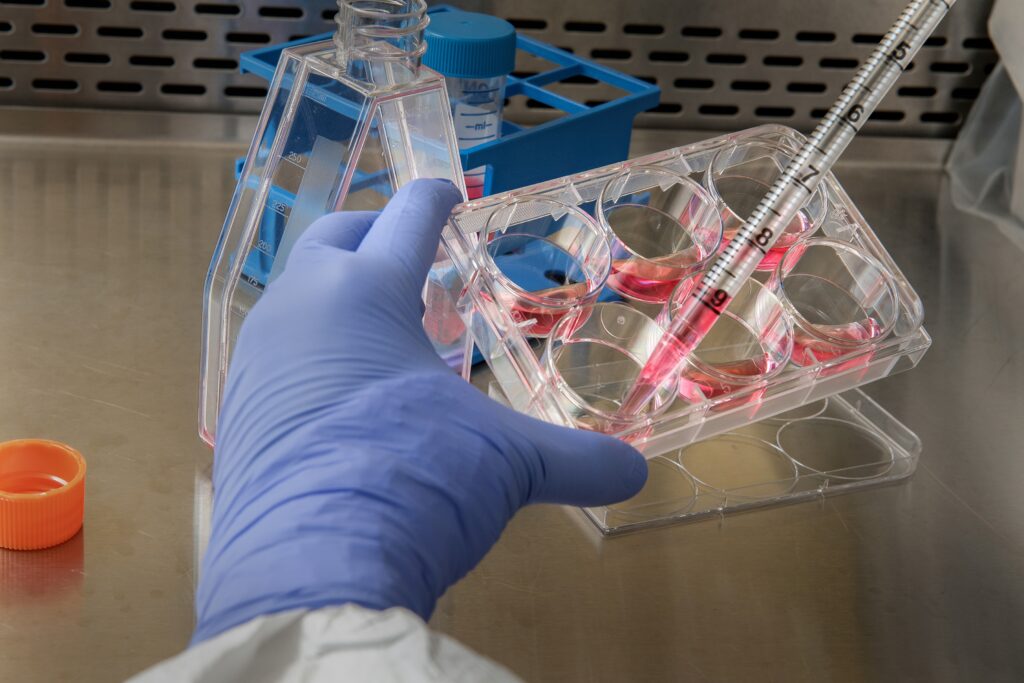Not everyone responds to medicine the same way—and understanding why is crucial. Whether you’re a patient or a healthcare provider, the concept of medicine response can shape how treatments are planned, adjusted, and ultimately how successful they are. In this article, we’ll explore why medicine response matters and how it directly impacts health outcomes. With advancements in personalized medicine, knowing your body’s response to medication is becoming as important as the prescription itself.
1. Understanding Medicine Response

Table of Contents
What is Medicine Response?
Medicine response refers to how a person’s body reacts to a specific medication. This includes how effective the drug is, how quickly it works, and what side effects (if any) occur.
What Influences It?
- Genetics – Your DNA can determine how your body processes medication.
- Age – Metabolism changes with age, affecting how medicine works.
- Diet and lifestyle – Smoking, alcohol use, or certain foods can interfere with medications.
- Existing health conditions – Diseases like kidney or liver disorders can affect drug breakdown.
Recognizing these variables helps doctors and patients select the most effective and safest treatment options.
2. Impact on Health Outcomes
A correct understanding of medicine response can mean the difference between effective recovery and prolonged illness.
Positive response: The medication relieves symptoms with minimal side effects.
Negative response: The treatment may be ineffective or cause adverse reactions, leading to poor health outcomes.
Why it matters: Properly managed medicine response can:
- Reduce the risk of complications
- Decrease hospital visits
- Improve patient satisfaction and quality of life
Personalized medicine is the key here. Tailoring drugs based on patient profiles has shown to enhance results and minimize risks.
3. Challenges in Predicting Medicine Response
Even with all the medical advancements, predicting how someone will react to a medication is still a challenge.
Common obstacles:
- Limited access to genetic testing
- Trial-and-error approach in initial treatments
- Miscommunication between patients and doctors
What’s helping? New technologies like pharmacogenomics (studying how genes affect a person’s response to drugs) are making personalized treatments more achievable and precise.
4. The Role of Healthcare Providers

Doctors, nurses, and pharmacists play a vital role in monitoring and responding to how a patient reacts to medication.
Best practices:
- Start with lower doses when necessary
- Closely monitor symptoms and side effects
- Encourage patients to report unusual reactions
- Adjust prescriptions based on patient feedback
By actively involving patients in their treatment, healthcare providers can ensure better compliance and outcomes.
5. Patient Empowerment and Self-Management
Patients are no longer passive recipients of care—they’re active participants. Understanding your medicine response puts you in control of your health journey.
What can you do?
- Track your medication experiences in a journal or app
- Ask your doctor questions if you notice unusual effects
- Never stop or change medication without guidance
- Stay informed about the medications you take
For helpful resources on managing medication and staying informed, visit Medsniff.
6. Future Directions in Medicine Response Research

Science is moving toward more personalized, data-driven healthcare.
Emerging trends:
- Pharmacogenomics will allow doctors to select drugs based on your DNA.
- AI in drug response prediction could speed up accurate diagnosis and treatment.
- Wearable tech and health monitoring apps will help track medication response in real time.
These innovations point to a future where “one-size-fits-all” treatments are replaced by custom-tailored solutions.
Conclusion
Your response to medicine isn’t random—it’s shaped by your body, your genes, and your lifestyle. By understanding why medicine response matters, we can make smarter health choices and improve treatment outcomes. Whether you’re a healthcare provider or a patient, recognizing this insight can lead to safer, more effective care.
Want to explore more health tips and learn how to take control of your medication journey? Visit Medsniff for trustworthy, patient-friendly content.



